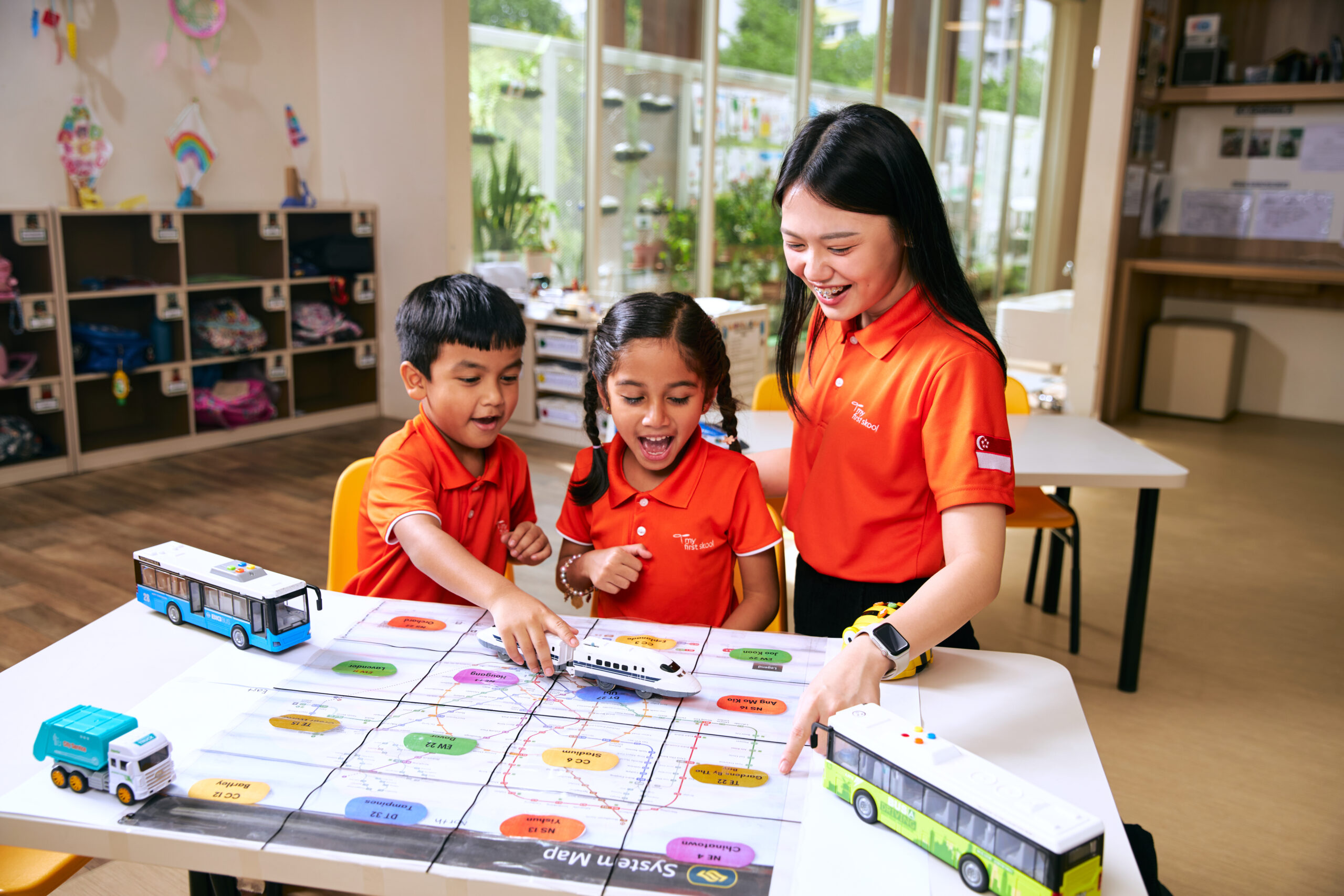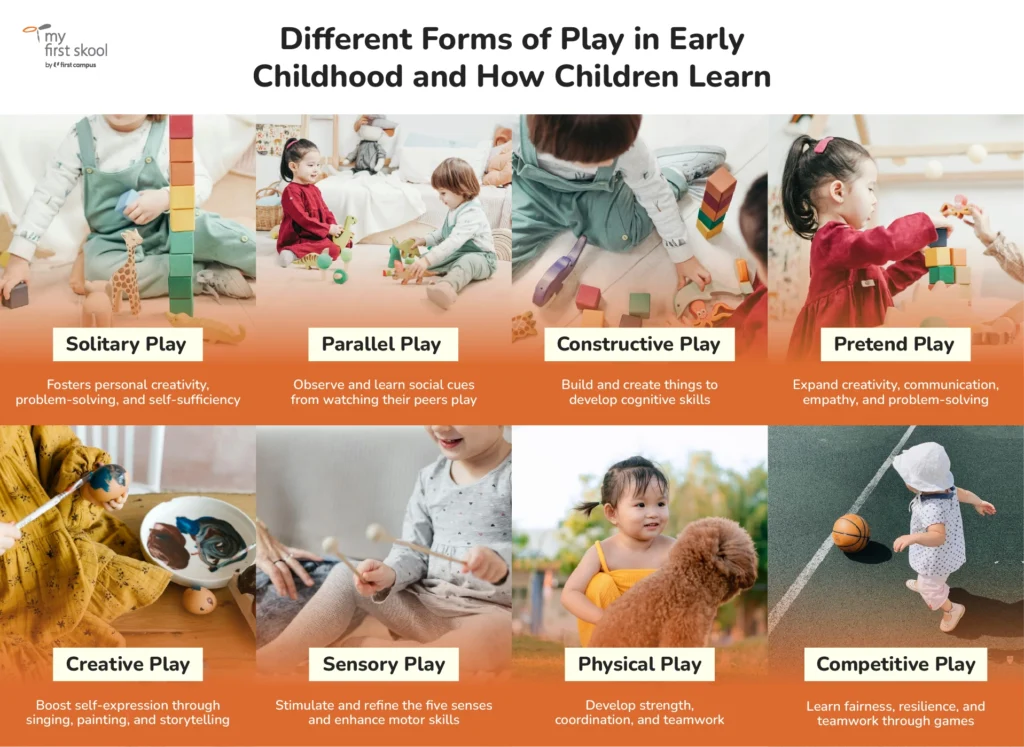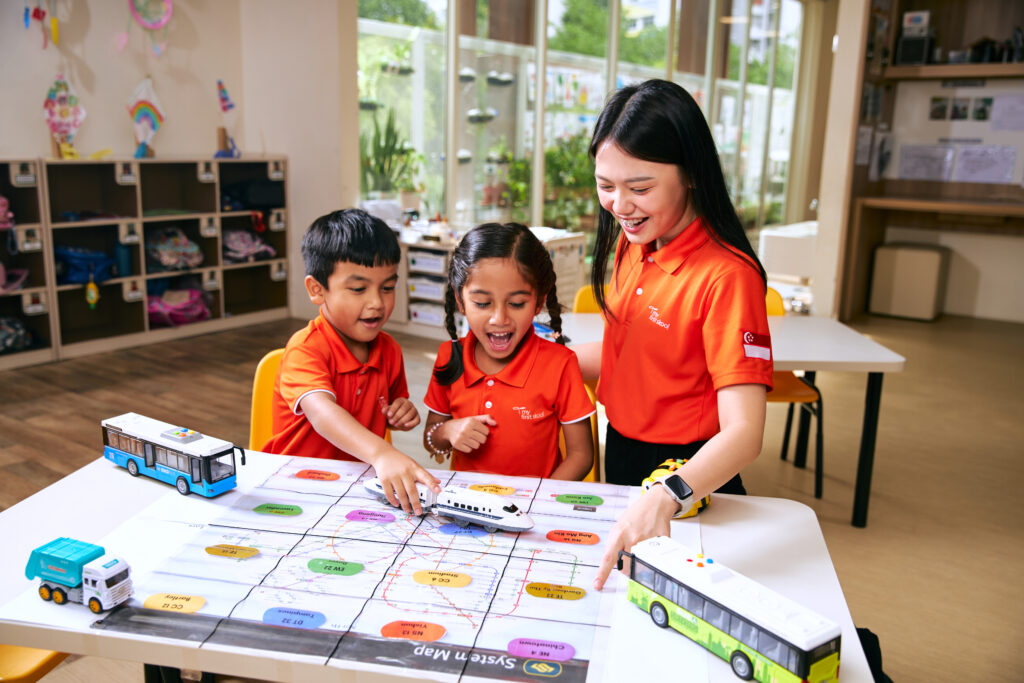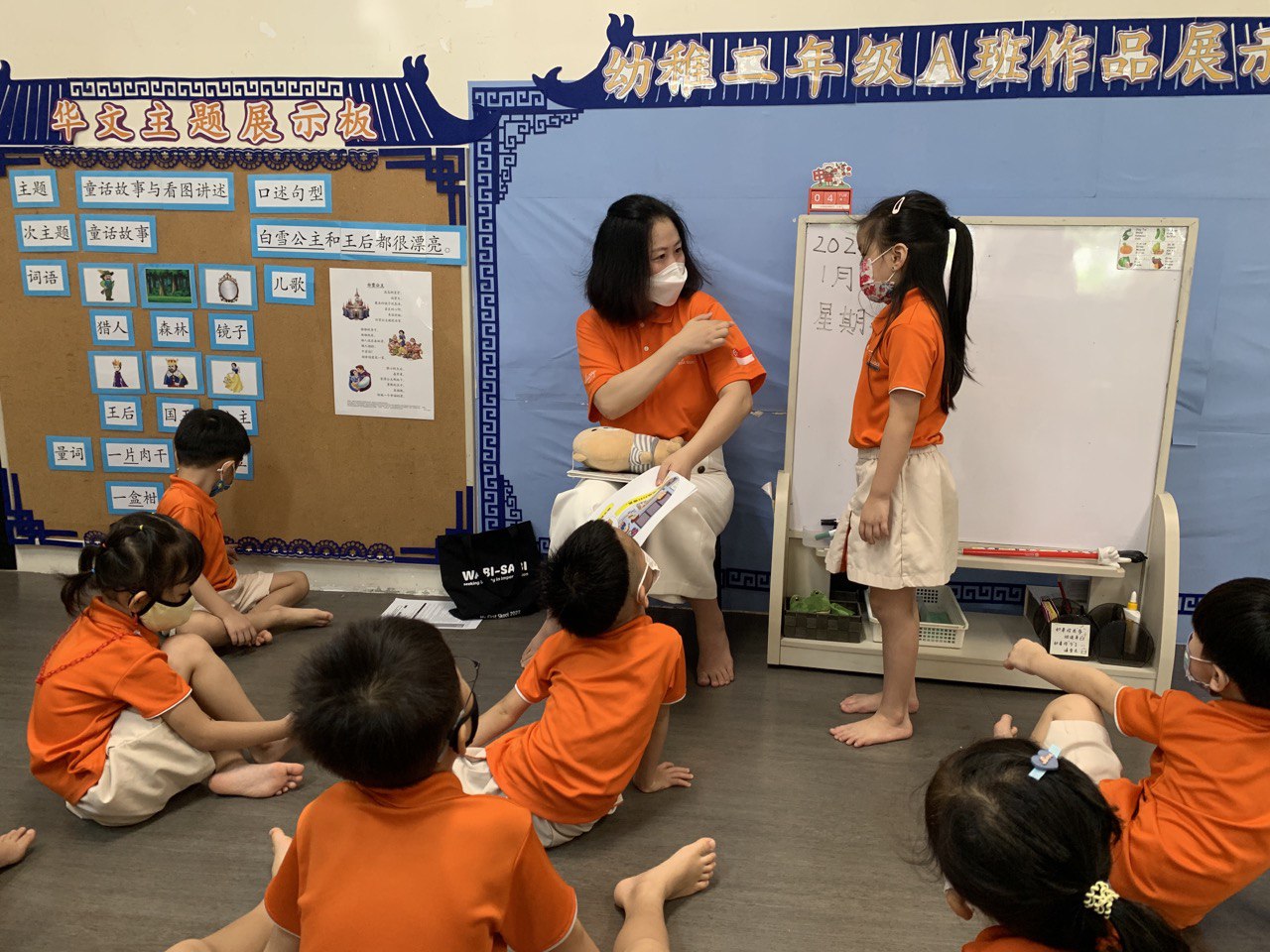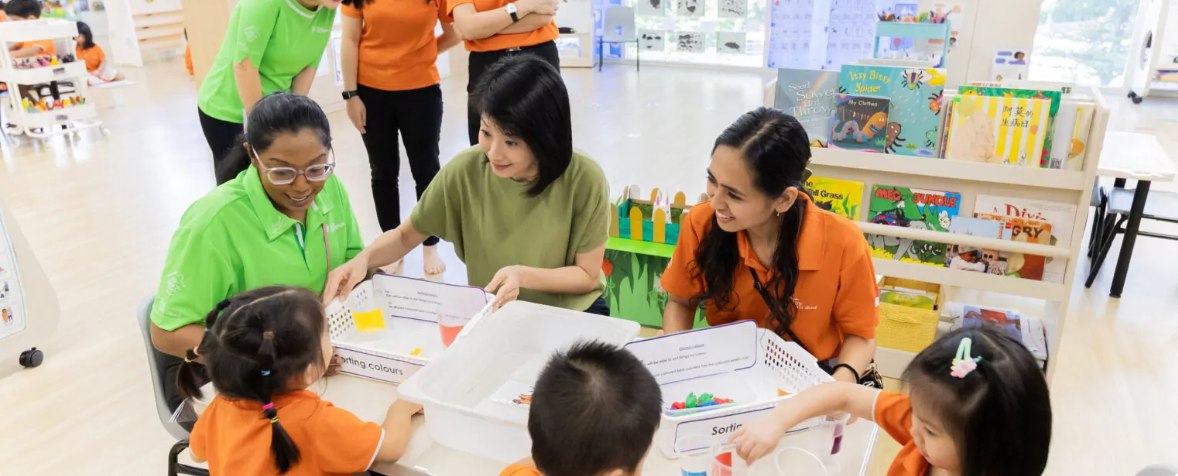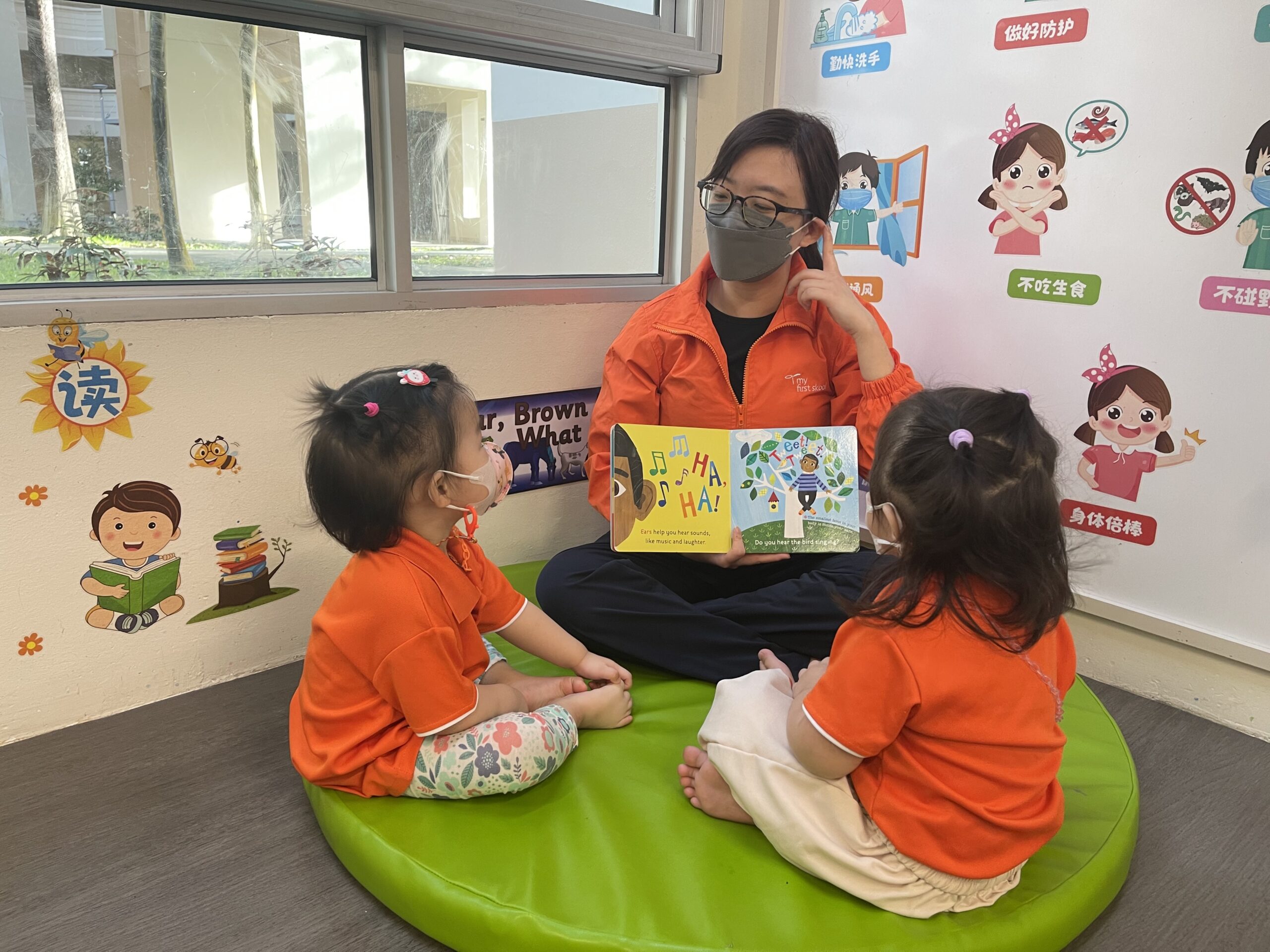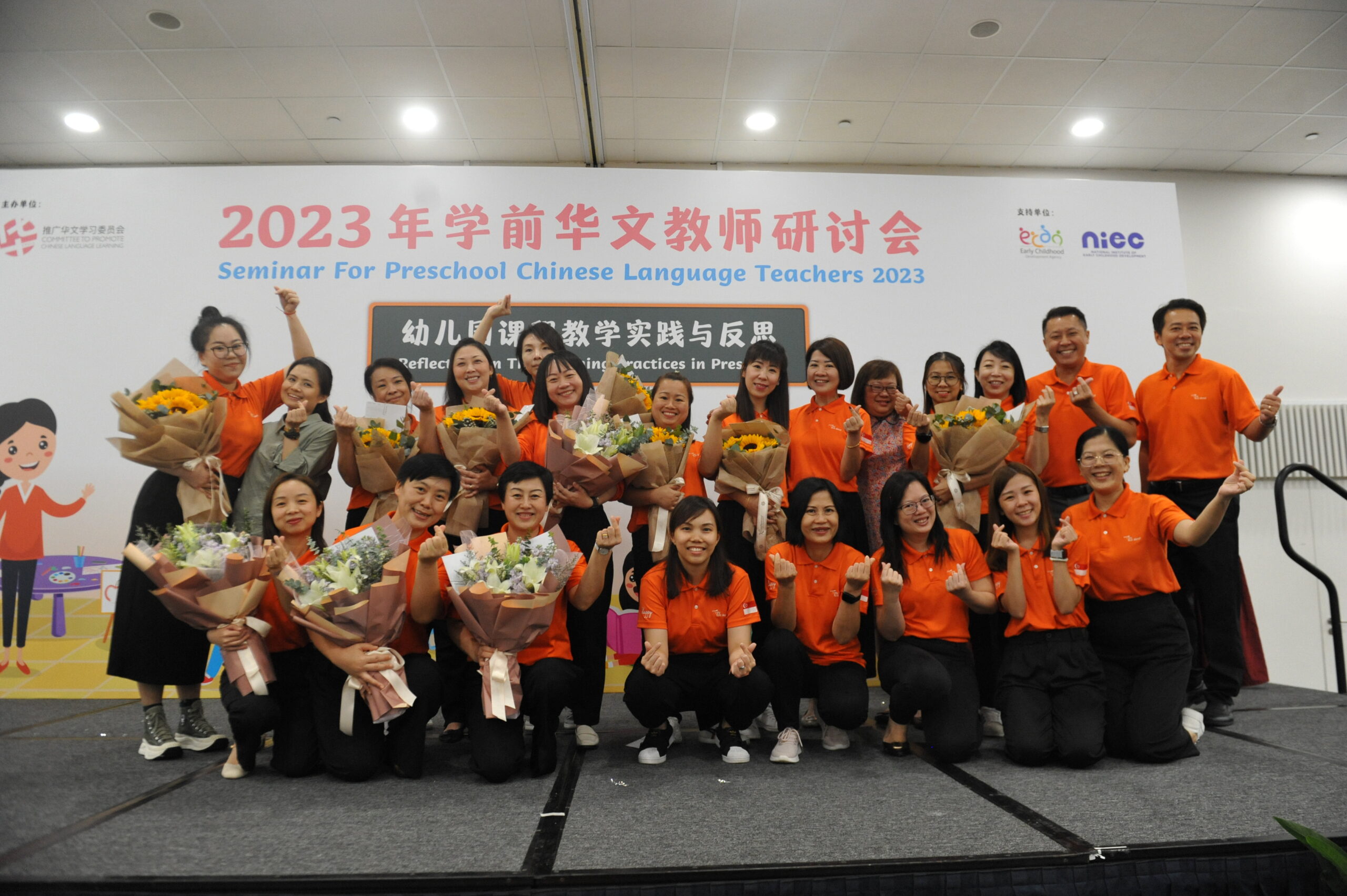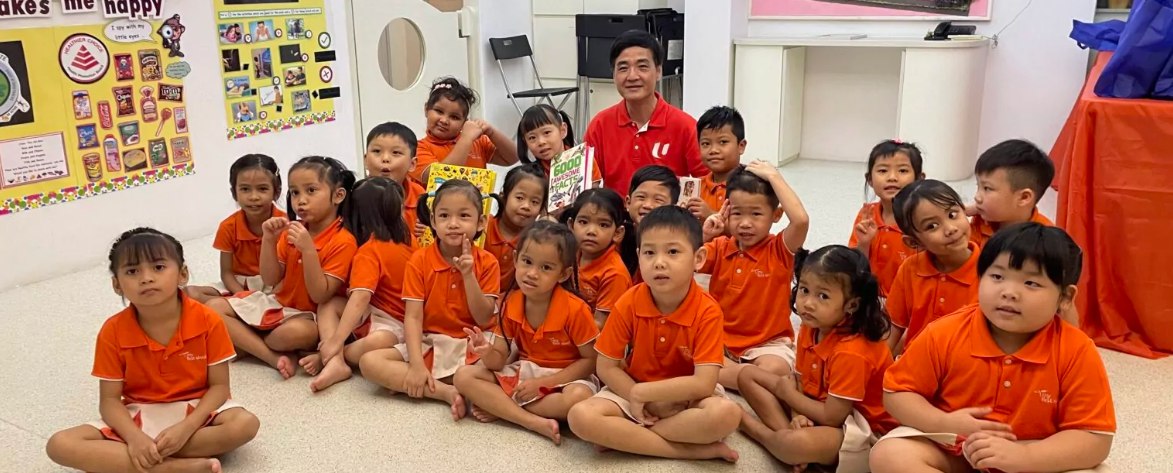Have you noticed the joy children experience when they are playing?
The advantages of play for preschoolers are numerous – these enjoyable moments, including active play, aid in their cognitive, emotional, physical, and social development. Active play helps build strength, enhance coordination, and prevent obesity. Educational specialists recognise the impact of play on healthy growth. Children’s play is essential for learning and development, fostering skills like communication, social interaction, and problem-solving. Consequently, playtimes are intentionally integrated into childcare programmes as part of their early childhood support.
What is Play?
Play is a natural and essential part of childhood, allowing children to express themselves, explore their creativity, and develop their imagination. It is a way for children to learn about the world around them, develop their problem-solving skills, and build their confidence and self-esteem. Play can take many forms, including physical play, creative play, dramatic play, and fantasy play. Each type of play offers unique benefits and opportunities for growth, making it an integral part of a child’s daily routine.
Different Forms of Play in Early Childhood and How Children Learn
1. Solitary Play
Does your toddler often choose to play alone, showing little interest in how a child plays with others or sharing their toys? Solitary play is a critical developmental stage in early childhood. At this phase, children are still learning about their environment and have yet to develop the social awareness necessary for cooperative play.
Solitary play allows children to explore their interests at their own pace, fostering creativity, problem-solving skills, and self-sufficiency. It also serves as an opportunity for them to process the world around them without external influences. While some children engage in solo play for only a few minutes before seeking comfort or interaction from a caregiver, others may be content playing alone for longer stretches. Over time, as their cognitive abilities, physical skills, and confidence grow, children gradually expand their engagement in more social forms of play.
Examples:
- A child arranging toy cars in a line and pretending to drive them.
- A toddler flipping through a picture book and pointing at different images.
- A preschooler stacking blocks to build a tower without any assistance.
2. Parallel Play
Have you ever taken your child to a playdate, only to notice that they play beside another child rather than with them? This is a classic example of parallel play, a developmental stage in which toddlers and young children play independently yet remain observant of one another.
Though it may seem as though they are playing in isolation, they are actually absorbing essential social cues. Watching how others use toys, express emotions, and interact with their surroundings helps children build foundational social skills. This stage often serves as a bridge between solitary play and more interactive play, preparing children for future collaborative experiences.
Examples:
- Two children sitting next to each other, each building their own block tower.
- A group of toddlers playing with toy kitchens but preparing separate meals.
- Children drawing on separate sheets of paper while occasionally glancing at each other’s artwork.
3. Constructive Play
Constructive play is when children manipulate objects to build, create, or construct something new. In addition to constructive play, children also engage in symbolic play, where they use one object to represent another, fostering creativity and cognitive skills. Whether they are stacking blocks into a tower, crafting a spaceship out of cardboard boxes, or moulding clay into fun shapes, they are developing crucial cognitive and motor skills.
This type of play not only enhances problem-solving abilities and hand-eye coordination but also introduces children to the concept of cause and effect. In a group setting, constructive play encourages teamwork, communication, and the exchange of ideas. Many childcare centres and educational environments prioritise constructive play by providing open-ended toys like building blocks, puzzles, and art supplies, which allow children to engage in both structured and unstructured creative activities.
Examples:
- A child using LEGOs to build a castle.
- A group of kids constructing a fort out of cushions and blankets.
- A preschooler shaping animals out of playdough.
4. Pretend Play
Also known as imaginative or role-playing, pretend play allows children to step into different roles and scenarios. Whether they’re pretending to be a chef whipping up a gourmet meal, a doctor treating a patient, or a superhero saving the day, they are actively expanding their creativity, linguistic abilities, and emotional intelligence.
Through role-playing, children practice communication, problem-solving, and perspective-taking. It also offers parents and caregivers a glimpse into their child’s thoughts, interests, and understanding of the world. This type of play fosters storytelling skills, enhances empathy, and supports social and emotional development.
Examples:
- A child pretending to be a firefighter rescuing stuffed animals from a “burning” couch.
- A group of friends playing “grocery store” and taking turns as the cashier.
- A preschooler using a toy phone to have an imaginary conversation.
5. Creative Play
Singing a self-invented song, painting an abstract masterpiece, or weaving a make-believe story about an enchanted forest—these are all forms of creative play. This type of play allows children to express themselves freely, exploring different mediums and ideas without constraints.
Creative play nurtures self-expression, boosts confidence, and strengthens fine motor skills. It encourages children to think outside the box, try new things, and develop resilience when their creative efforts don’t go as planned. Providing materials like crayons, musical instruments, and craft supplies can inspire children to engage in endless imaginative endeavours.
Examples:
- A child creating a finger painting using different colours.
- A preschooler making up and performing a silly dance.
- A child using recycled materials to craft a robot.
6. Sensory Play / Exploratory Play
Sensory play is an integral part of early development, especially for younger children, helping them refine their five senses while building neural connections in the brain. Often carried out in infant care in Singapore, activities such as sand play, finger painting, and exploring different textures and scents stimulate sensory experiences that enhance fine motor skills and cognitive development.
This type of play also introduces children to scientific concepts like cause and effect. For instance, they may observe how water changes the texture of sand or how mixing colours creates new shades. Sensory play supports language development as children describe what they feel, see, and hear, making it a crucial component of early learning.
Examples:
- A child playing with kinetic sand and observing how it moves.
- A toddler exploring different sounds by shaking maracas and drums.
- A preschooler investigating how ice melts in warm water.
7. Physical Play
From clapping hands and jumping in place to running, skipping, and climbing, physical play, also known as active play, is essential for developing strength, coordination, and gross motor skills. As children grow, their physical play evolves to include more structured activities like riding a bike, swimming, or playing team sports.
Physical play not only promotes overall health and fitness but also teaches children balance, agility, and spatial awareness. In social settings, it introduces elements of teamwork, cooperation, and friendly competition. Encouraging outdoor play and active games helps children develop a lifelong appreciation for movement and exercise.
Examples:
- A toddler jumping from one couch cushion to another.
- A child playing tag with friends at the park.
- A preschooler practising balancing on one foot.
8. Competitive Play
As children grow older, they begin to engage in competitive play, where games have set rules and involve winning and losing. Whether it’s a football match, a dance competition, or a simple board game, competitive play helps children understand structure, fairness, and sportsmanship.
While young children may initially struggle with losing, this type of play offers valuable lessons in resilience, emotional regulation, and perseverance. It also promotes goal-setting, strategy development, and teamwork. Encouraging a positive attitude toward competition helps children embrace challenges and handle setbacks gracefully.
Examples:
- A child racing a friend to see who can reach the finish line first.
- A group of kids playing a board game and keeping score.
- A preschooler participating in a mini dance competition at school.
A Lifelong Journey of Play
Every child develops at their own pace, and play is an evolving process that mirrors their growth. Whether your toddler prefers solitary activities or is eager to jump into group play, each stage of play contributes to their development in unique ways. By providing opportunities for various types of play, parents and caregivers can nurture well-rounded skills that support emotional, cognitive, and physical growth. Embrace the different play styles, encourage exploration, and most importantly—enjoy the journey alongside your child!
Start Your Child’s Learning With Confidence
At My First Skool, we believe every child deserves a strong start. As one of Singapore’s most trusted providers of infant care, childcare, preschool, and kindergarten, we offer a nurturing environment where little ones can grow, learn, and thrive. With experienced educators and a proven curriculum, we’re here to support your child’s journey—every step of the way. Registration only takes 5 minutes.
Register Your Child Today
Frequently Asked Questions
1. Why is play a key part of learning at My First Skool?
At My First Skool, we believe play is the foundation of early childhood education. Through play, children make sense of the world around them, develop critical thinking skills, express their emotions, and build social connections. Different types of play help nurture the whole child — cognitively, socially, emotionally, and physically.
2. What is exploratory (or sensory) play, and how do children benefit from it?
Exploratory play encourages children to use their senses — touch, sight, hearing, smell, and taste — to discover and understand their environment. Activities like playing with sand, water, or textured materials help sharpen sensory awareness, fine motor skills, and cognitive development.
3. What is imaginative (or pretend) play, and why is it important?
In imaginative play, children role-play different scenarios — like pretending to be a doctor, chef, or superhero. This kind of play boosts creativity, language development, empathy, and emotional regulation as children explore different perspectives and express their thoughts and feelings.
4. What is physical play, and how does it support growth?
Physical play includes active movement such as running, jumping, climbing, and dancing. It strengthens gross motor skills, improves coordination and balance, and promotes healthy physical development. It also helps children build confidence and resilience through active exploration.
5. What is social play, and how does it help children?
Social play happens when children interact and collaborate with others. It teaches essential life skills like sharing, negotiation, empathy, teamwork, and conflict resolution. Through social play, children learn how to form friendships and develop a sense of belonging.
